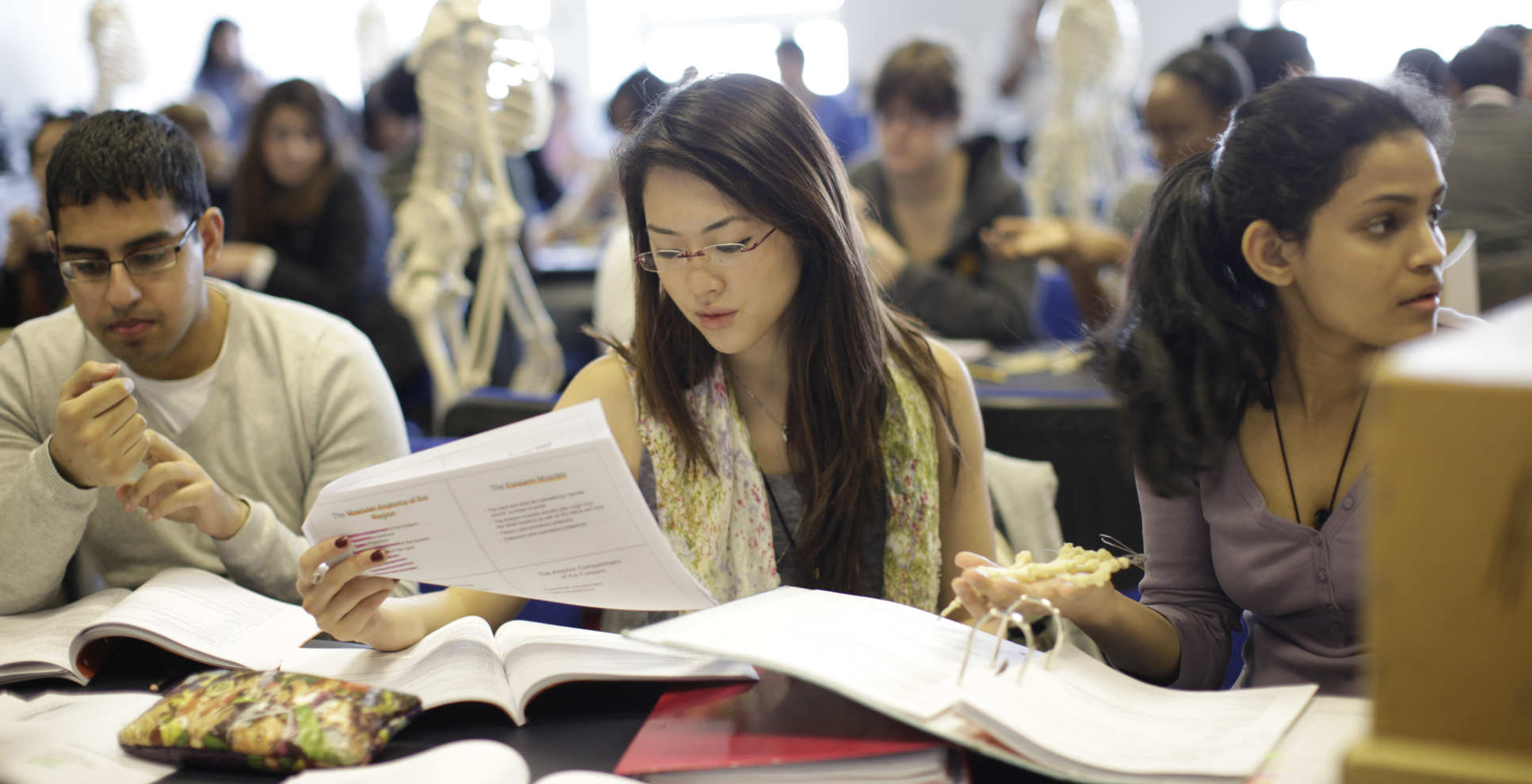
Top tip
"If I find a topic especially difficult, I like to go through my notes and write down the hardest things to remember on no more than one side of A4. Fold it up, carry it with me and whenever I have a spare moment I go through it and within a day I know everything that's on it."
- Nathalie Podder, ICU Deputy President (Welfare), 2021-23
Preparing notes for revision starts when you’re in lectures. If you don’t have good notes to build on, it’ll be much harder to revise. You can find out more about making useful notes in the Effective note-taking section.
When preparing for exams, you’ll want to have a clear idea about what the exam is testing you on. Knowing what to expect can help you to be confident about the exam, and will also allow you to structure your revision effectively.
You can find advice about sitting exams on the In-person examinations page.
How should I revise?
There are many different ways to revise, and you’ll need to discover what works for you. You’ll find that using different techniques stimulates different parts of your brain, allowing you to concentrate for longer. Find out what suits you, but try not to experiment with too many new revision methods right before an exam.
Tips for preparing revision notes
Preparing Revision Notes
Ensuring your revision is as effective as possible
Ensuring Revision is Effective
Some of the revision methods that students have found successful in the past include:
- Prepare a revision timetable
- Index cards, mind maps and consolidated notes
- Posters and visual aids
- Key words, phrases, themes or concepts
- Summary tables or charts
- Teach someone else
- Do test questions
- Review your material
- Keep calm and relax
- Sleep and eat well
Plan out when you will study different topics based on your exam schedule. Allow time for breaks, and don’t let your planning time eat into your actual revision time.
These can be used to record key points of interest. Use pictures, different colours, and highlighted sections to improve your retention.
Use these to cover key points and topics, using colours and drawings where relevant. Stick them to a wall or door where you will see them often.
Use a few key sentences to define what’s important to the subject you’re studying. Make sure that these key themes are at the heart of your revision.
Charts or tables can be used to compare and evaluate different theories, people or arguments.
Find a volunteer and try to teach them about your topic. This will help you approach the material from a different angle and spot the gaps in your knowledge.
Test yourself by doing some practice questions – past papers are useful for this. Go over your work to see how well you think you’ve answered the questions or get a friend to check it for you. Test questions also give you the opportunity to sit and write by hand for a long period of time – otherwise this is something you may not do until you get into the exam.
Review your knowledge as you go along. Make sure you haven’t missed anything along the way, and if there’s anything you’re unsure of, make time to focus on that area again.
When revising, don’t let yourself get too stressed. Leaving plenty of time for revision is the best way to achieve this – don’t try to cram everything into the night before the exam.
Allow yourself time to relax, eat properly and sleep. You will function better in the exam if you’re not tired, hungry and grumpy. Having a good sleep the night before helps to improve your memory and strengthen your concentration



